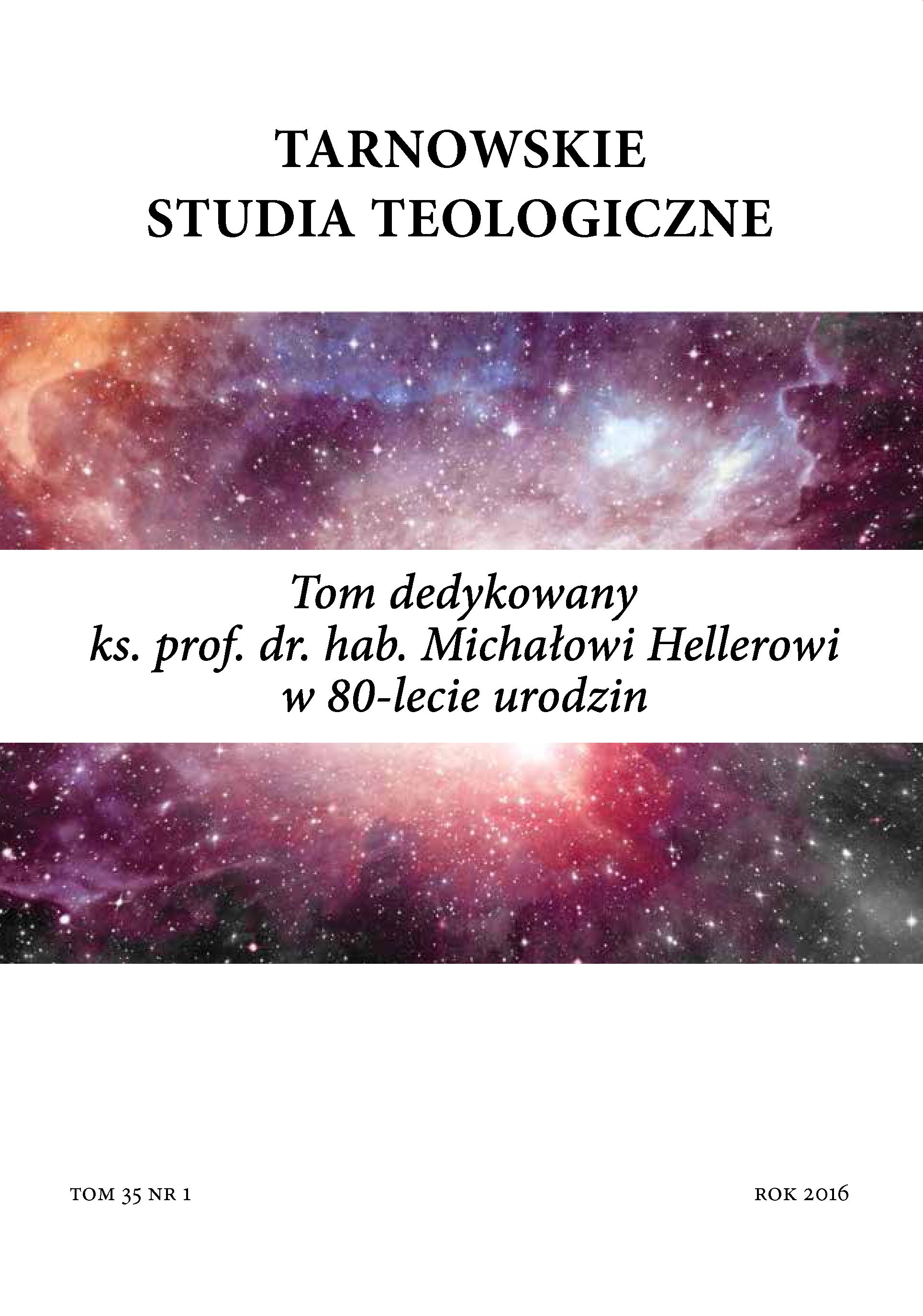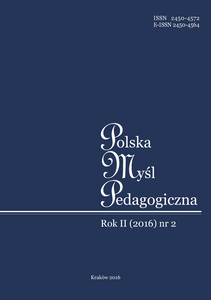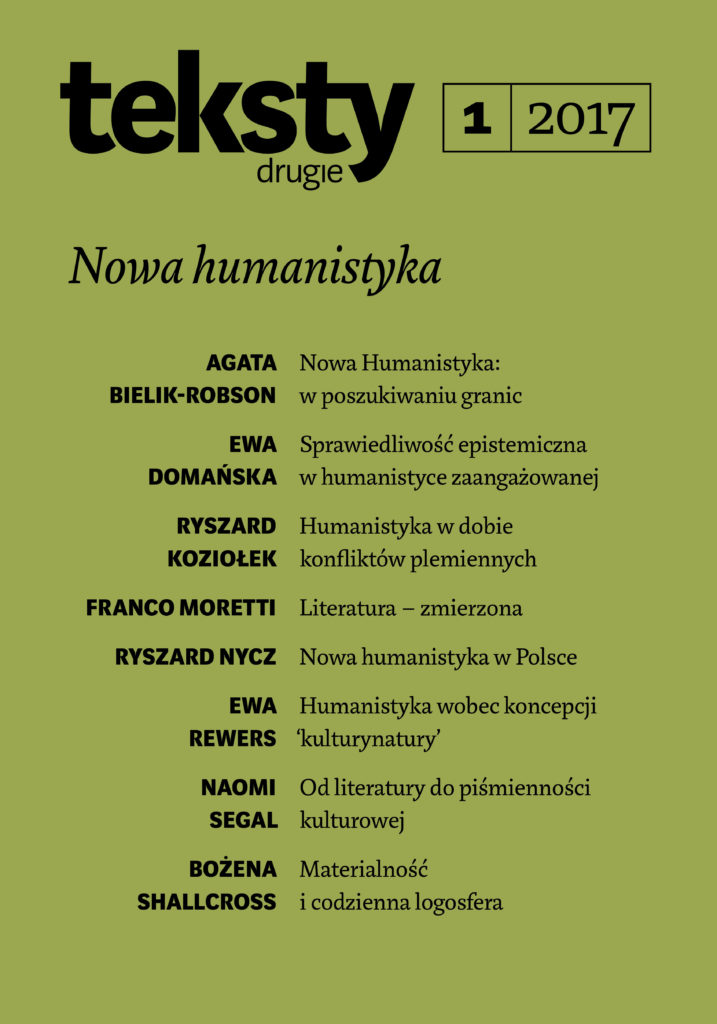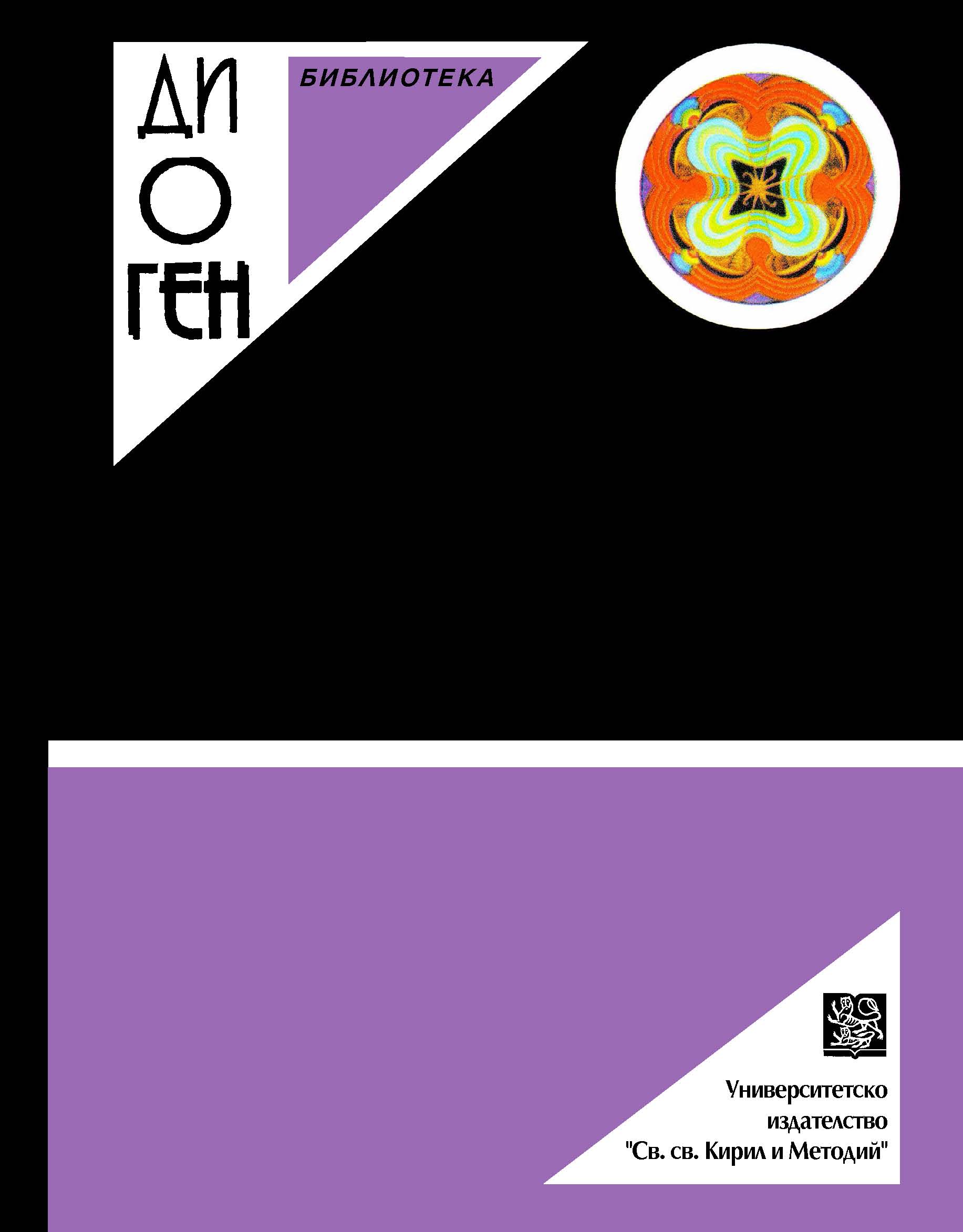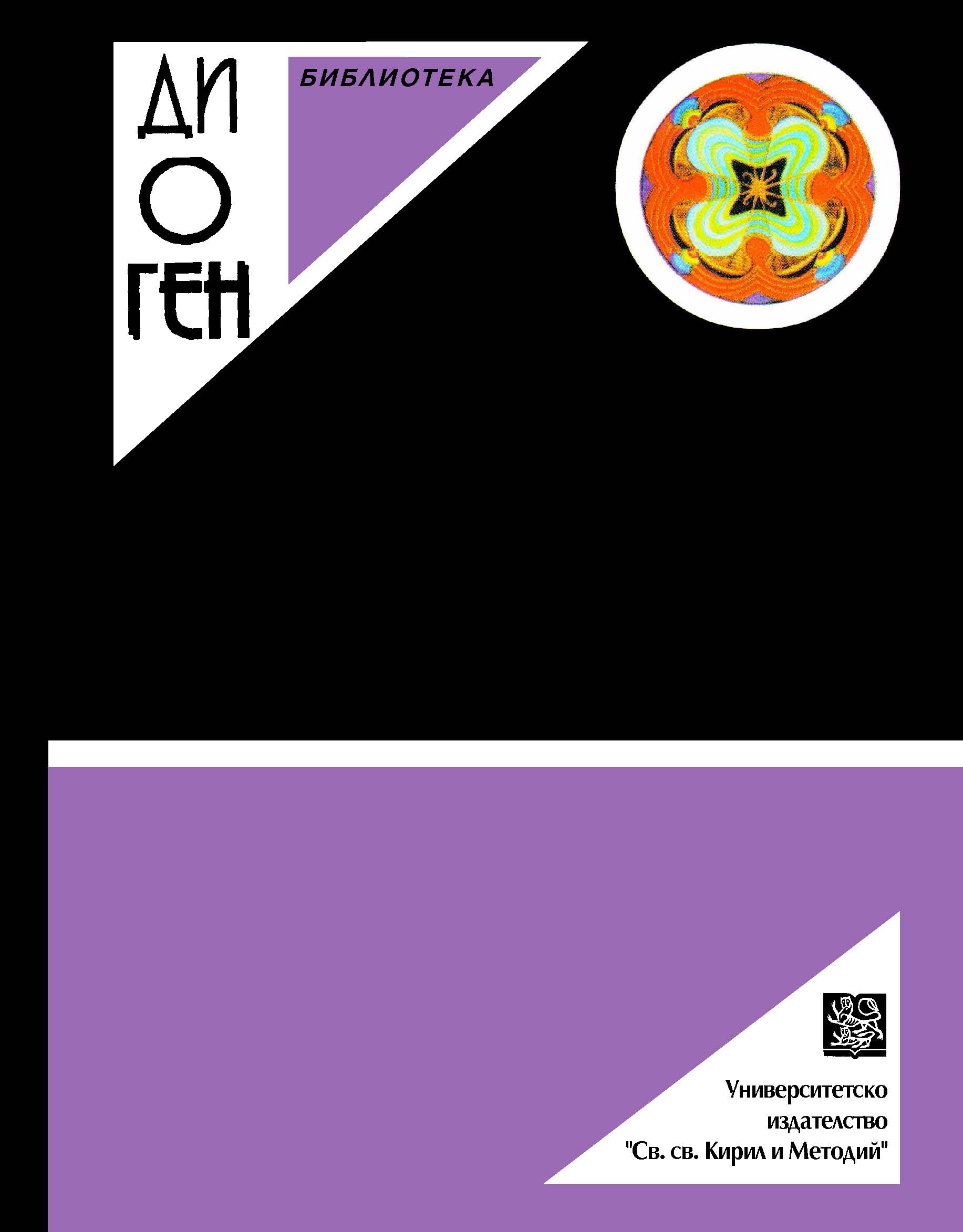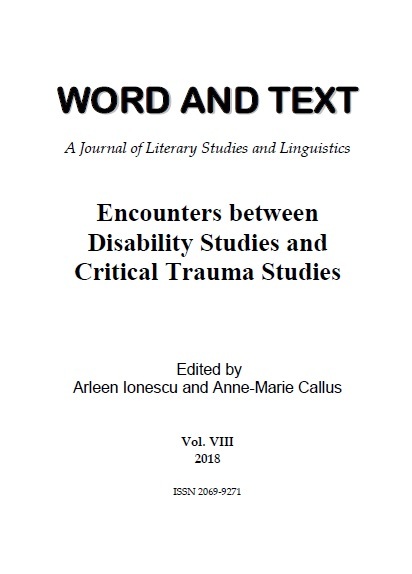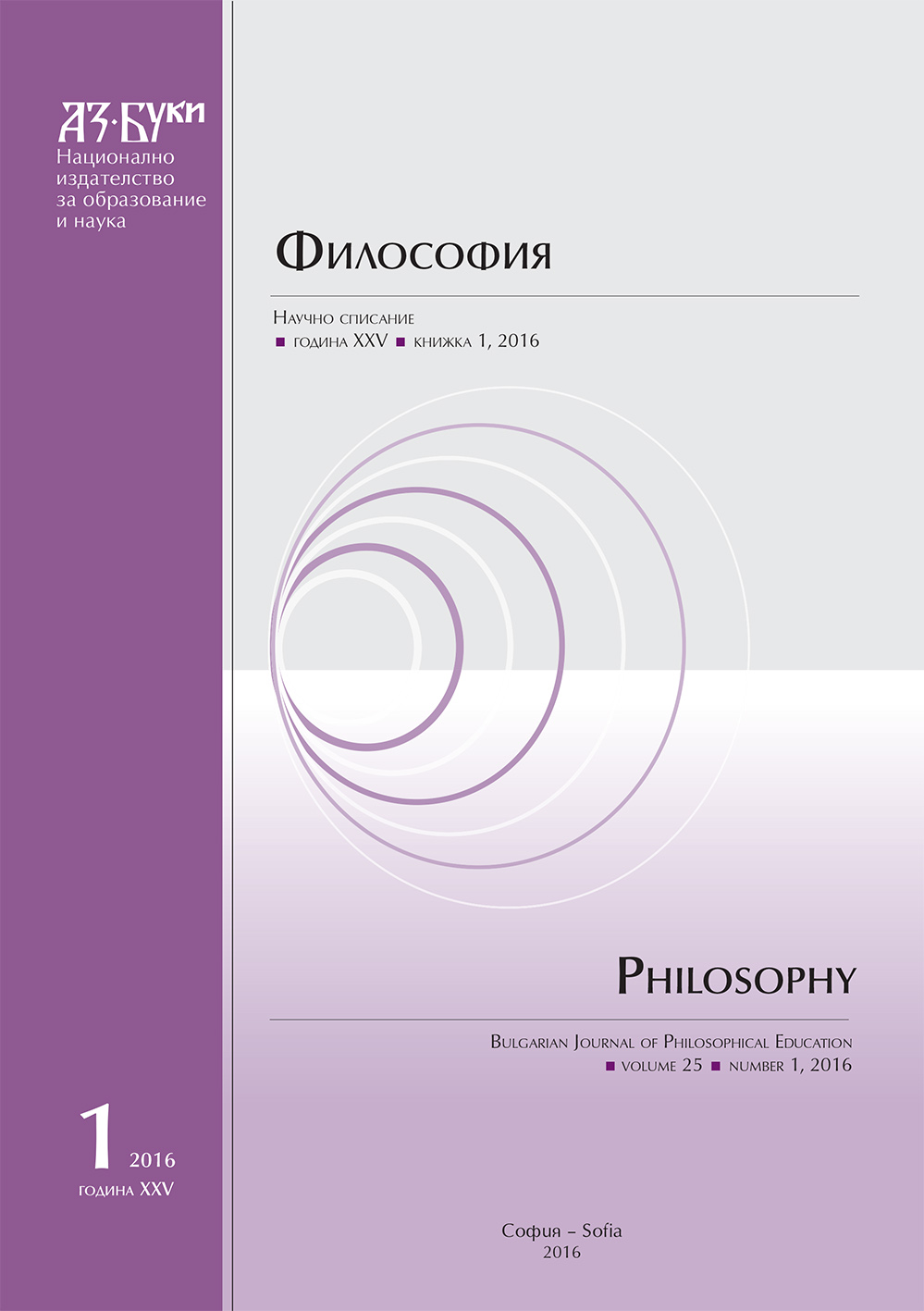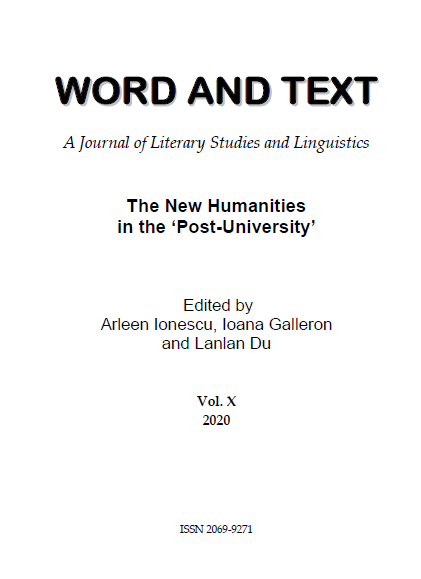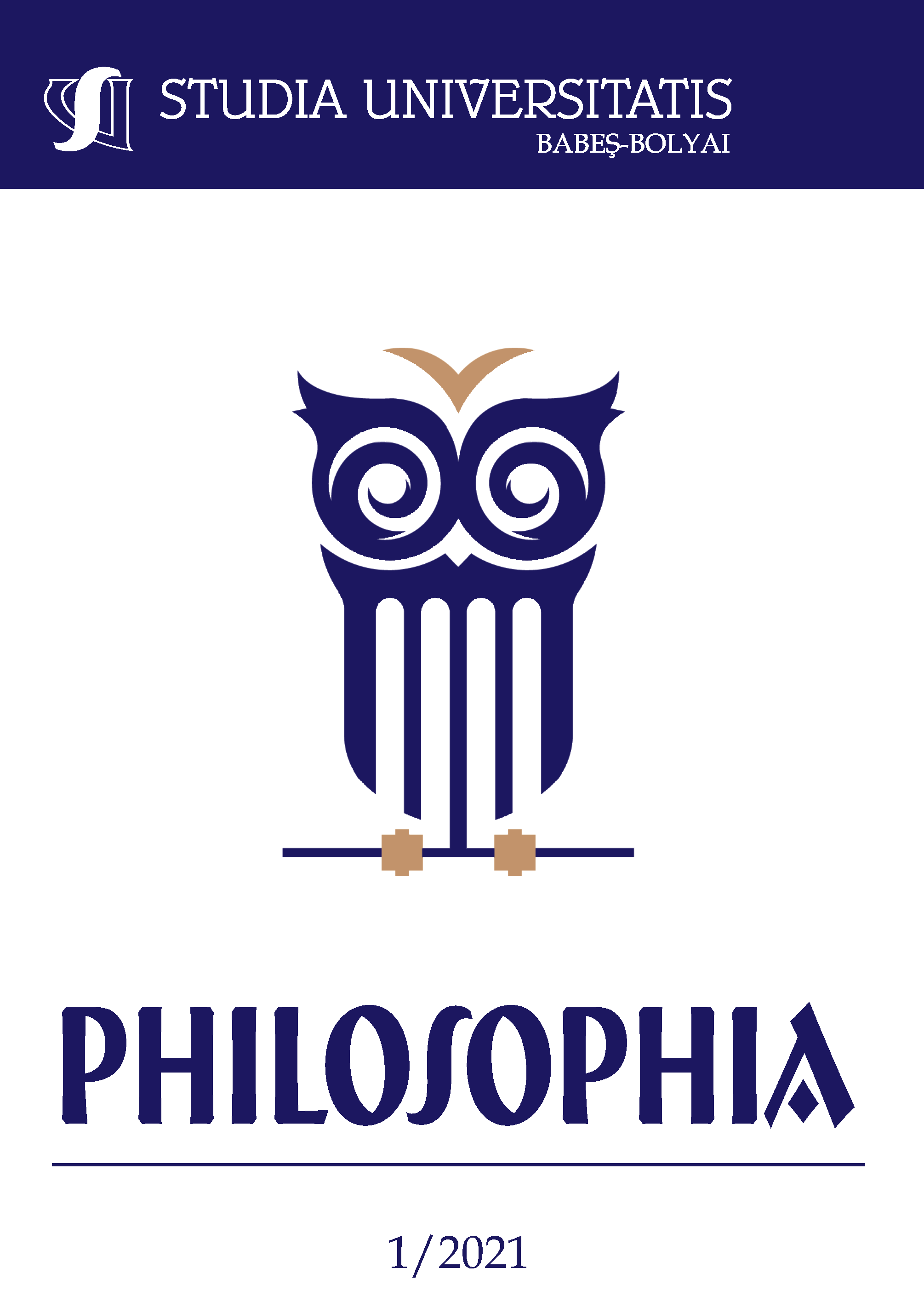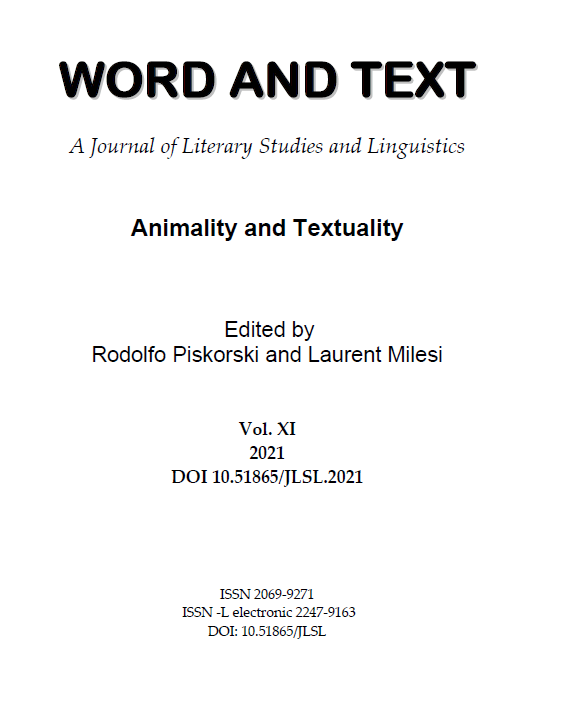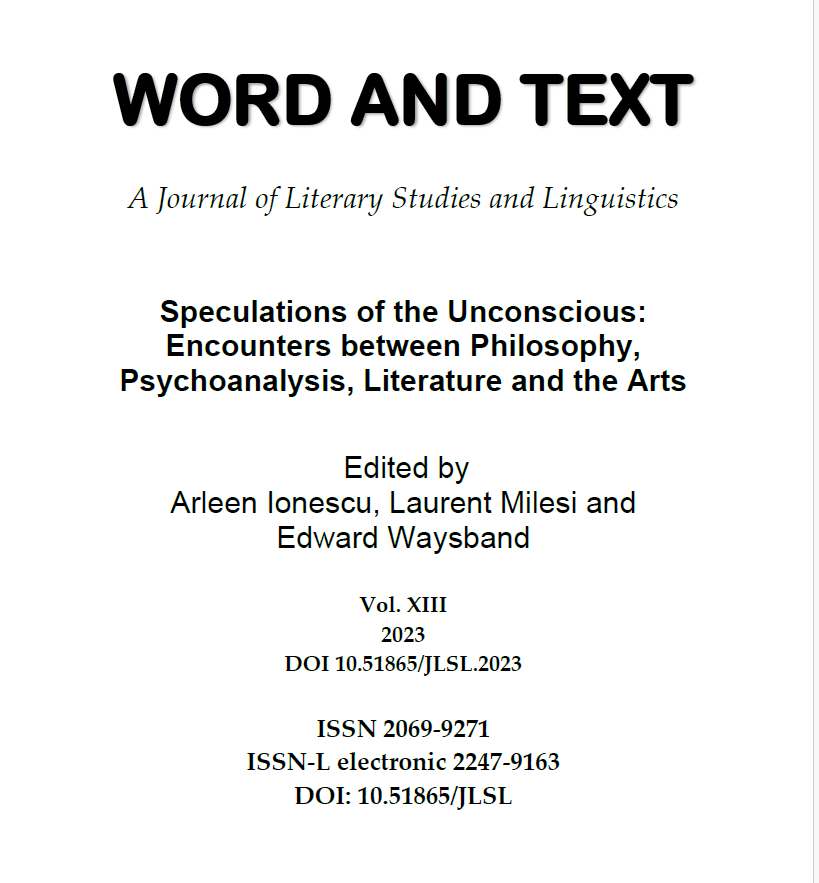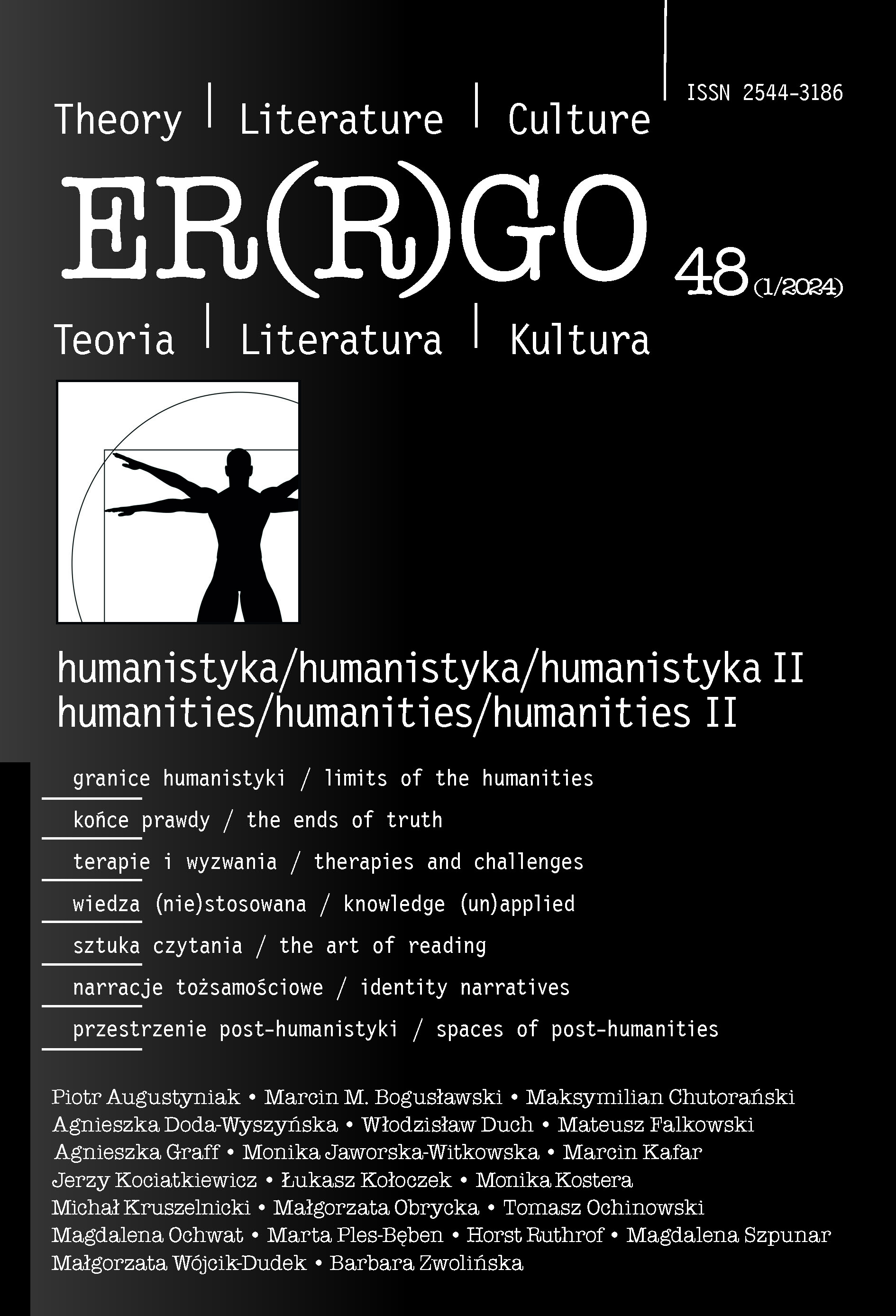ФАНТАСТОВЕДЕНИЕ И ТЕОРИЯ ЖАНРОВ
Science fiction studies is a relatively young branch of the humanities that has emerged in the middle of the 20th century. Currently, science fiction studies is a vast network of interdisciplinary research that concentrates on functionality and poetics of fantastic (or, as John Clute has promoted since 2007, ‘fantastika’) literature, cinema, video games, comics etc. Search for genre identity is one of the main concerns of the genre theory in both academic methodology and science fiction studies. Scholars commonly single out three main approaches in the genre theory: essentialism, structuralism, and pragmatism. None of the approaches is universal, i.e., they are all characterized by both benefits and certain limits. While the former two approaches are influential and established analytical paradigms, the latter one is a recent analytical invention. Pragmatism of the genre theory is interdisciplinary per se – its methodology is based on social sciences, sociology of literature, cultural studies, and discourse studies. Pragmatism derives from a number of branches of the humanities in order to solve fundamental problems of the literary theory, particularly the problem of genre genesis. This paper is an attempt to delineate contours of the genre theory in science fiction studies from essentialism to pragmatism.
More...
